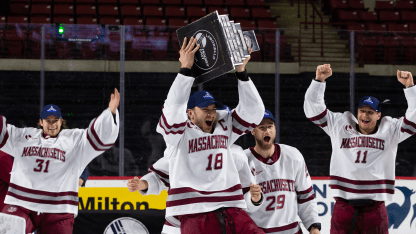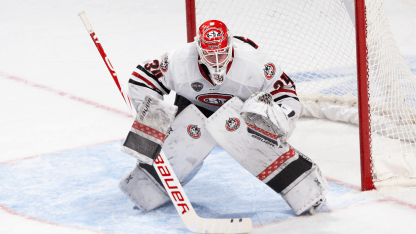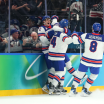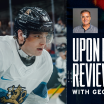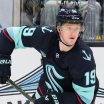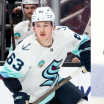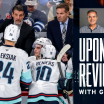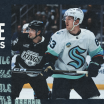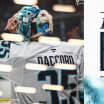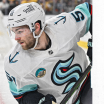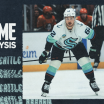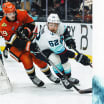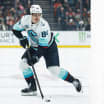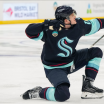While college hockey has traditionally spanned from the East Coast to the Midwest and Rockies, it's been expanding westward in recent seasons. Playing at the NCAA level is also growing as a more recognized pipeline to the NHL developing draft picks into regulars on NHL rosters and increasingly creating sought-after undrafted free agents.
On the development side, lots of NHL general managers and coaches appreciate the shorter NCAA game schedule, which allows for more practice sessions and time in the weight room to build up both size and strength to be better prepared for professional play.
Previewing the NCAA Men's 'Frozen Four'
Three Minnesota schools enter Thursday's semifinals with championship dreams while the Massachusetts entry faces a bit of a lineup nightmare. A closer look at the matchups
